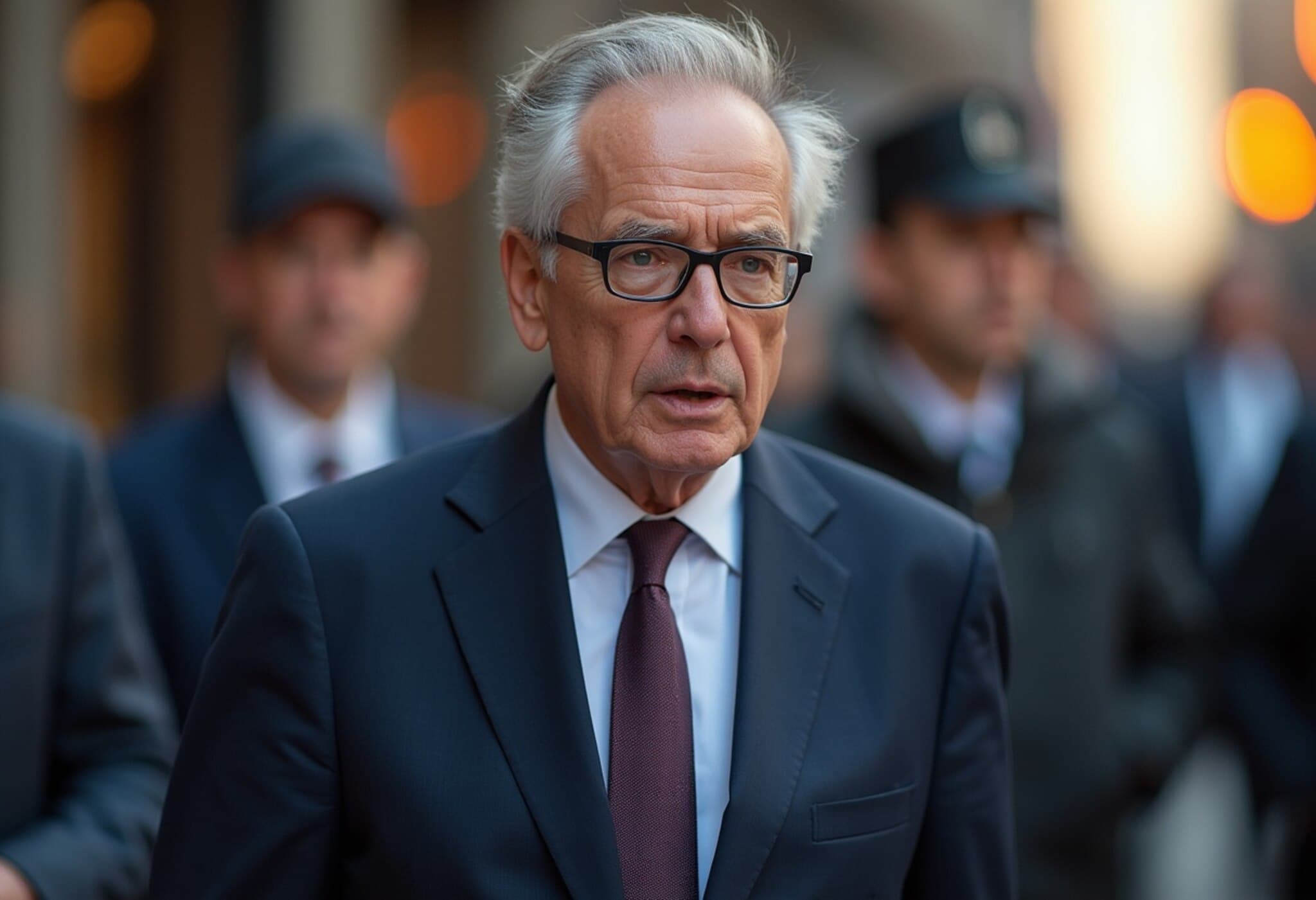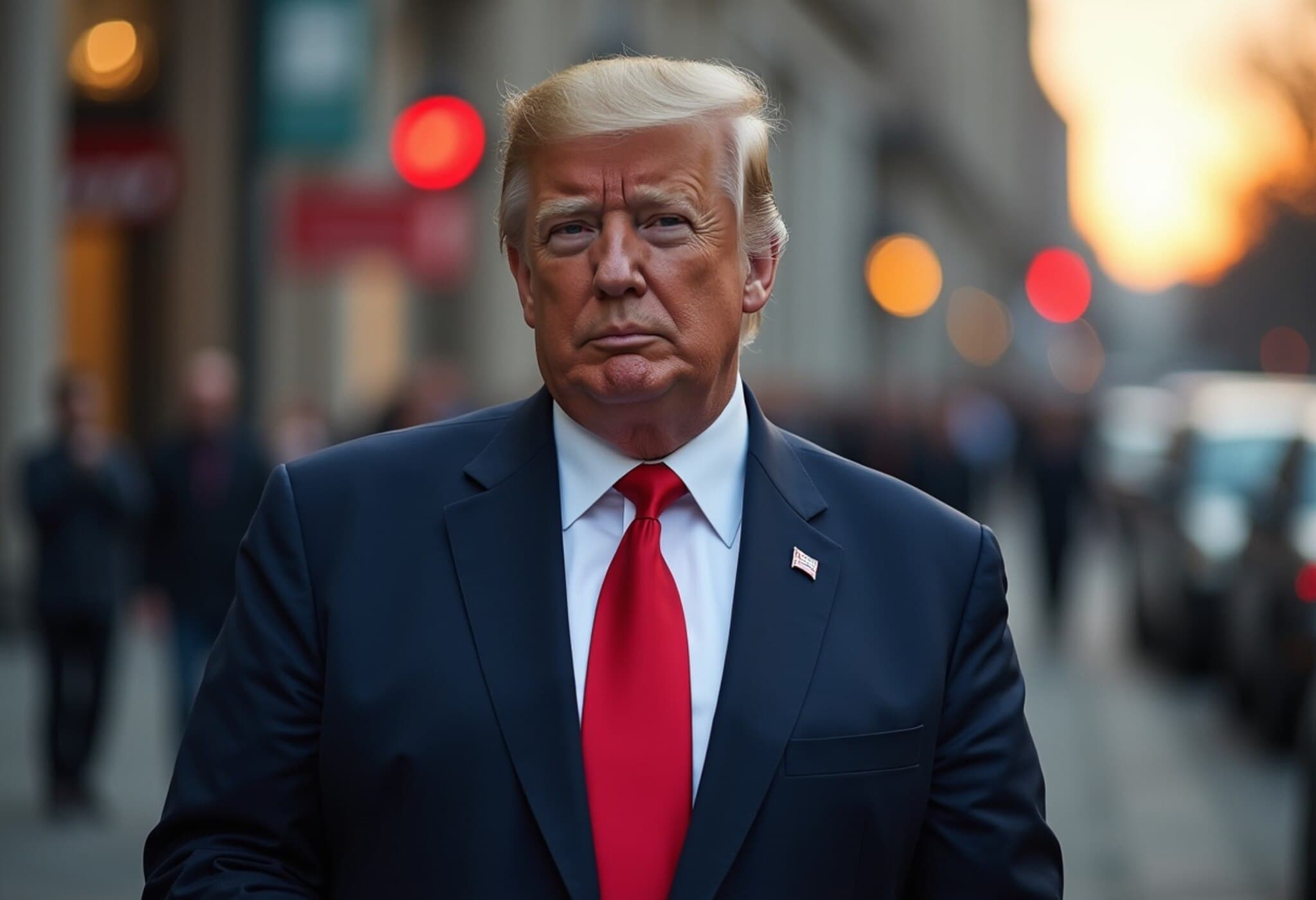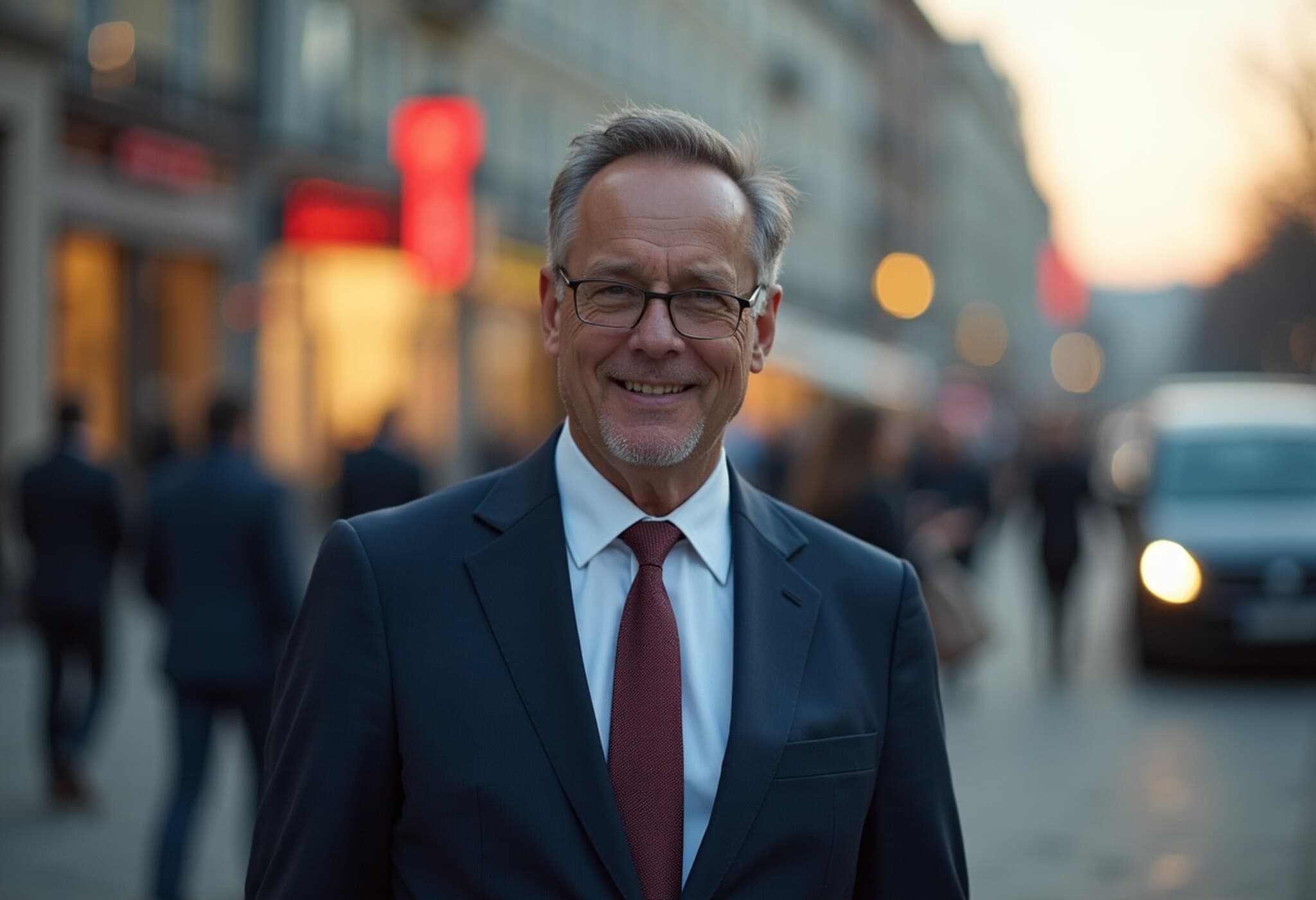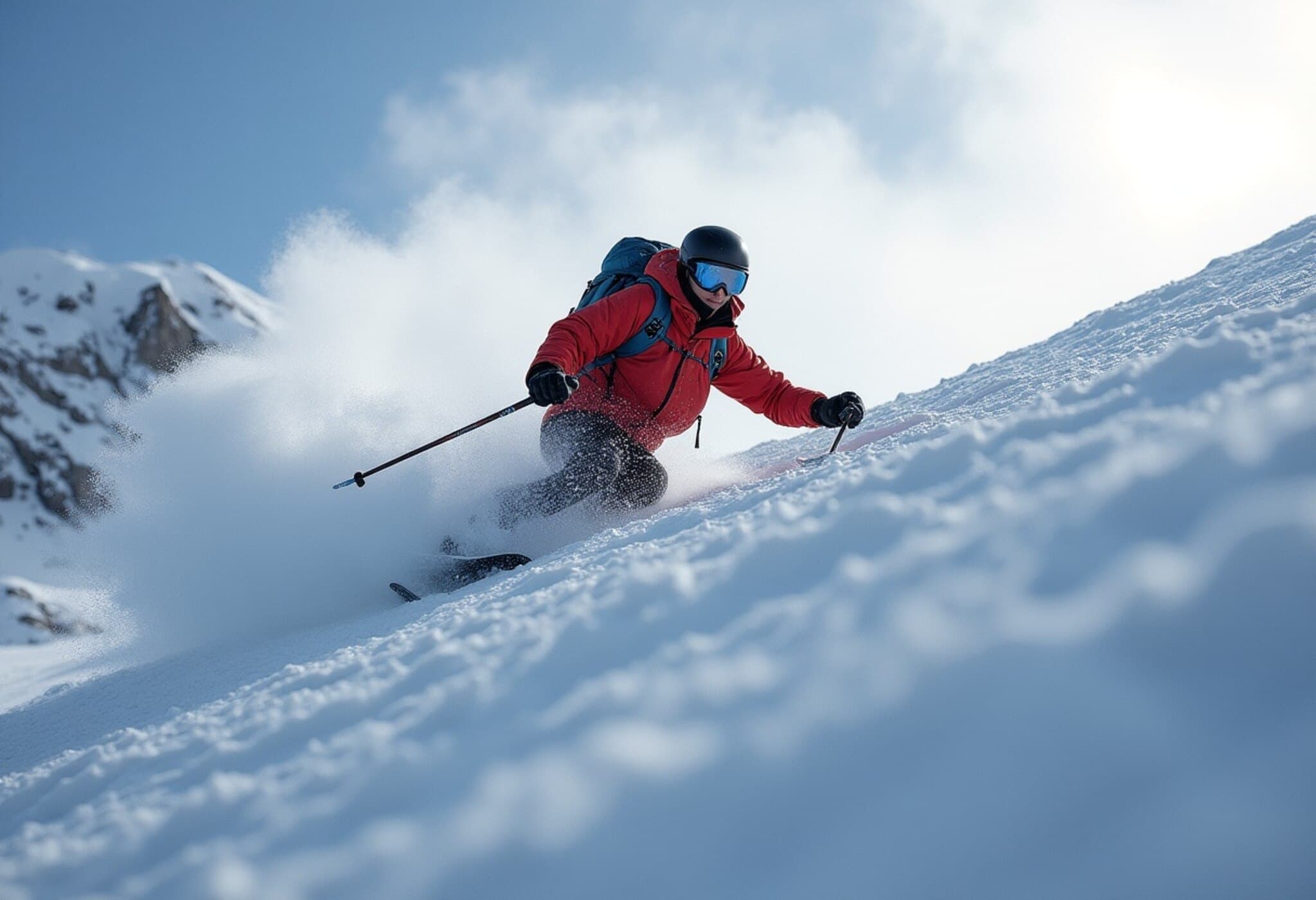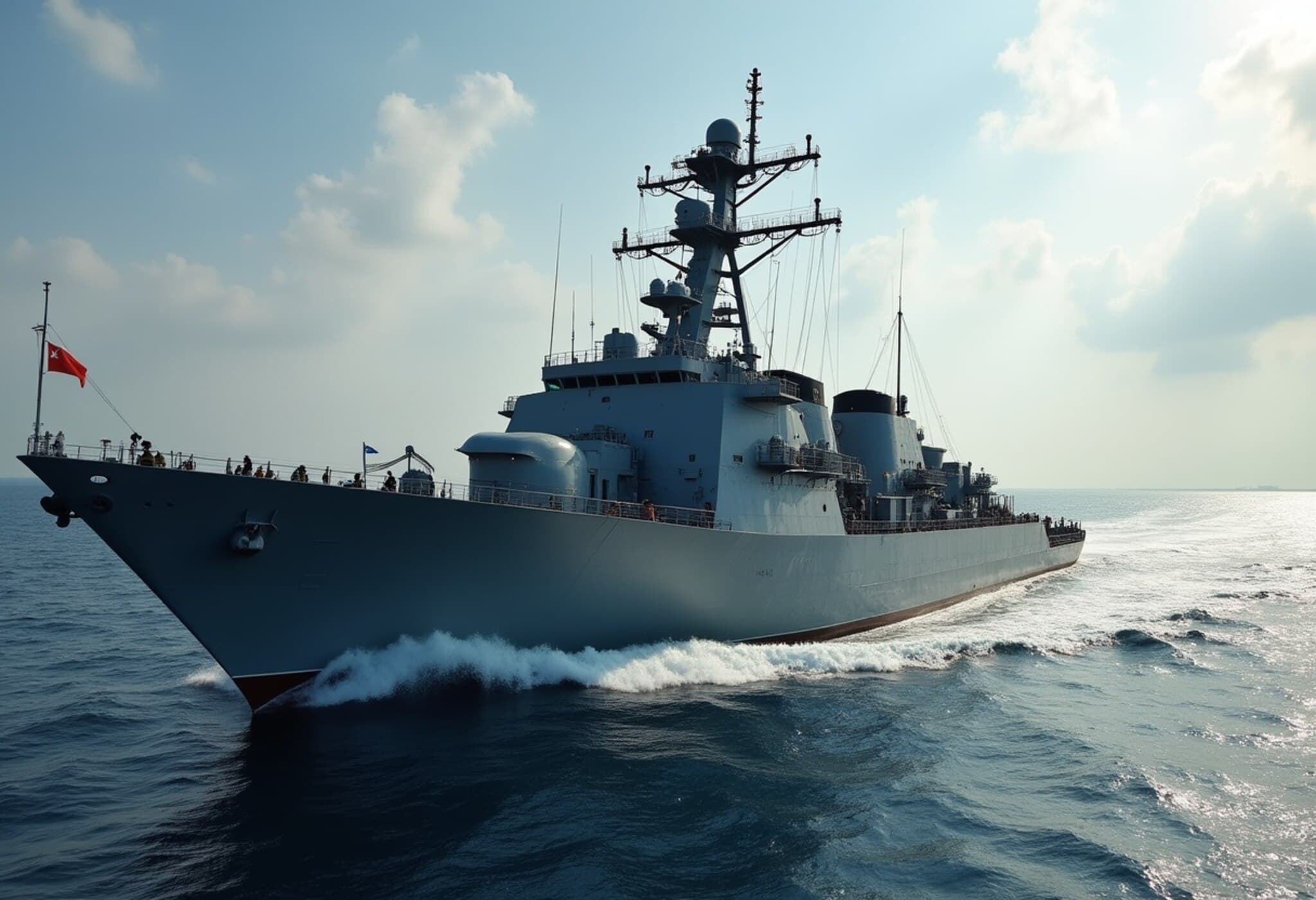FBI Establishes First Standalone Office in New Zealand Amid Regional Security Concerns
In a significant move marking deeper U.S. intelligence cooperation in the South Pacific, FBI Director Kash Patel officially inaugurated the agency’s first independent office in Wellington, New Zealand. Although presented as a step forward in combating transnational crimes such as drug trafficking and child exploitation, Patel’s remarks hinting that the bureau’s presence aims to counter Chinese influence have stirred diplomatic discomfort in Wellington and sharp rebuke from Beijing.
Understanding the FBI's New Role in New Zealand
Since 2017, FBI operations in New Zealand were managed remotely through Australia. The opening of a dedicated FBI office in Wellington signals enhanced on-the-ground cooperation with New Zealand’s law enforcement and intelligence agencies. Officially, this aligns New Zealand with other Five Eyes partner nations—Australia, Canada, the UK, and the United States—that host FBI offices facilitating joint intelligence-sharing and cross-border investigations.
Patel’s Remarks: A Flashpoint Over China’s Influence
In comments released via the U.S. Embassy, Patel spoke candidly about the office’s mission to help counter the Chinese Communist Party’s expanding presence in the contested waters of the South Pacific Ocean. This direct reference to China as a strategic competitor inevitably generated unease among New Zealand officials, who opted for measured responses, consciously avoiding replicating the confrontational tone.
New Zealand’s Delicate Diplomatic Balancing Act
New Zealand’s government promptly underscored that the FBI office's priority would focus on shared transnational crimes rather than geopolitical rivalry. Foreign Minister Nanaia Mahuta clarified that China was not discussed during official meetings, and Security Minister Judith Collins emphasized that discussions centered on pressing law enforcement challenges.
Trade Minister Todd McClay rejected any characterization that the office opening was a cause for celebratory fanfare, describing it rather as a formal announcement and discussion.
- Focus Areas: Online child exploitation, drug smuggling, cybercrime.
- Political Sensitivity: Avoiding public geopolitical confrontations with China.
The China Response: Firm and Cautionary
China’s Foreign Ministry condemned Patel’s linking of the FBI office to efforts aimed at countering China. Spokesperson Guo Jiakun framed such actions as harmful to Asia-Pacific stability, warning against forming exclusive coalitions targeting Beijing under security pretenses.
Broader Regional Context: New Zealand’s Strategic Importance
Known as the smallest member of the Five Eyes alliance, New Zealand finds itself at the crossroads of a growing U.S.-China rivalry in the Pacific region. Beijing has steadily expanded its influence in nearby island nations over the last decade, sparking concern within geopolitical circles over future regional stability.
Jason Young, Associate Professor of International Relations at Victoria University of Wellington, observes, “While it benefits New Zealand to strengthen law enforcement and security cooperation, portraying this as directly competing with China might not serve New Zealand’s nuanced diplomatic interests.”
The U.S. Perspective in the Indo-Pacific Under Trump’s Second Term
Patel’s visit coincides with the Trump administration’s intensified rhetoric about Chinese ambitions. U.S. Defense Secretary Pete Hegseth has urged Indo-Pacific nations to boost military spending to counter perceived threats, reflecting a global push to contain China.
Despite U.S. pressure, New Zealand has historically adopted a balanced approach, often refraining from overtly criticizing any one country publicly, reflecting its economic reliance on China, its largest trading partner.
Public Sentiment and Political Reactions Within New Zealand
The announcement sparked significant online backlash among New Zealand citizens, with thousands expressing skepticism and opposition toward an increased FBI presence. A protest against the office’s opening was organized, highlighting public apprehension not necessarily about cooperation against crime but concerns over geopolitical entanglements and perceptions of U.S. political policies.
Jason Young notes the public’s reaction is likely influenced by broader unease with current American political dynamics rather than the FBI's law enforcement role itself.
What Lies Ahead?
As the U.S. and China continue to vie for influence in the Indo-Pacific, New Zealand’s strategic position makes it a focal point for both cooperation and contention. The FBI’s new office could facilitate important law enforcement collaboration, yet it also serves as a symbolic marker of shifting geopolitical tides.
Questions for Policymakers:
- How can New Zealand maintain its traditional diplomacy balance while engaging robustly with U.S. security initiatives?
- What measures will ensure that increased intelligence cooperation does not provoke unintended regional tension?
- In what ways can civil society concerns be addressed amid growing geopolitical pressures?
Editor’s Note
The inauguration of the FBI's Wellington office is more than a simple operational update—it represents the complex interplay of regional security, international diplomacy, and domestic political sensibilities. As New Zealand walks a tightrope between its economic ties to China and security commitments with the U.S. and its allies, this development invites reflection on the broader implications of global power dynamics reaching the shores of smaller nations. For readers, this story underscores how global geopolitical strategies tangibly impact local politics, public opinion, and law enforcement in unexpected ways.







